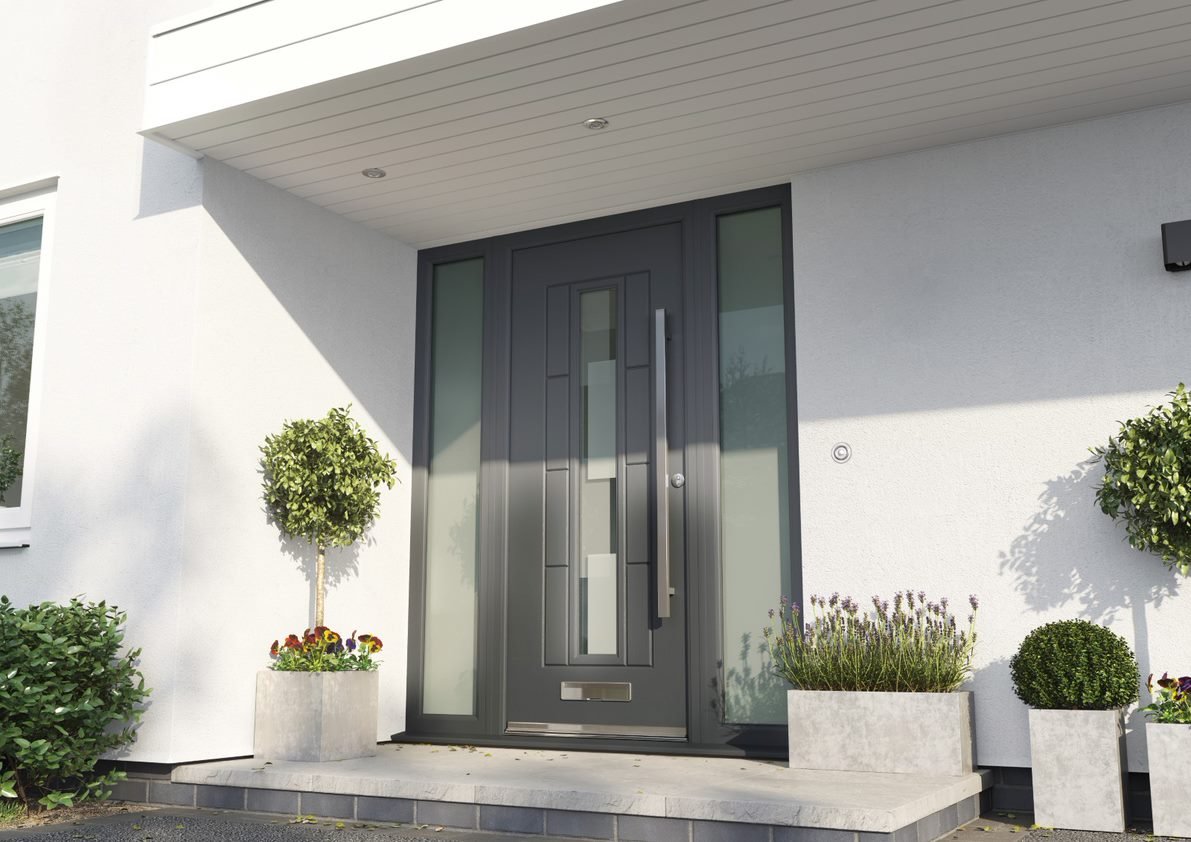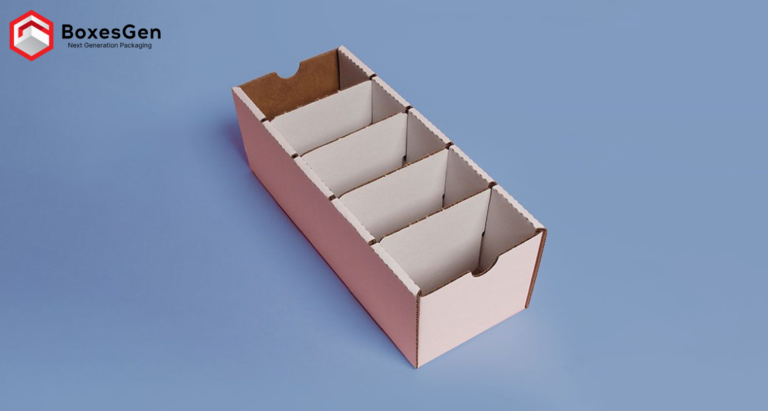Composite Doors: A Perfect Blend of Style, Durability, and Security
When it comes to choosing a front or back door for your home, composite doors have become an increasingly popular option. Known for their durability, security, energy efficiency, and aesthetic appeal, they combine the best qualities of various materials into a single, high-performance door solution. Whether you’re renovating your home or building a new one, composite doors offer a modern and practical solution that can enhance both the appearance and functionality of your property.
What Are Composite Doors?
Composite doors are made from a mixture of different materials, each chosen for its specific advantages. Unlike traditional wooden doors or uPVC doors, composite doors are engineered to overcome the weaknesses of these singular materials. The core of a composite door is typically constructed using a solid timber frame or a high-density polyurethane core. Surrounding this core are layers of other materials such as uPVC, GRP (Glass Reinforced Plastic), and insulating foam, which provide additional benefits like weather resistance, security, and energy efficiency.
Durability and Low Maintenance
One of the most significant advantages of composite doors is their durability. Traditional wooden doors can swell, warp, or rot when exposed to moisture over time, whereas uPVC doors might not be as sturdy. Composite doors, however, are designed to be long-lasting and resistant to the elements. The combination of robust materials like GRP ensures that the door doesn’t fade, warp, or require frequent repainting or refinishing.
The exterior skin of the door is typically made from GRP, which is highly resistant to wear and tear. This means composite doors retain their appearance for many years, with only minimal maintenance required. A simple wipe down with a damp cloth is usually enough to keep them looking as good as new, making them a convenient and cost-effective option for homeowners.
Enhanced Security Features
Security is a primary concern for many homeowners, and composite doors are often regarded as one of the most secure options on the market. Their multi-layered construction, especially with a solid timber or high-density polyurethane core, makes them incredibly strong and resistant to forceful impacts.
Most composite doors also come fitted with high-quality locking systems, such as multi-point locks that secure the door at several points along the frame, making it much harder for intruders to gain access. Additionally, many composite doors are certified to meet the stringent standards of Secured by Design, a police-backed initiative aimed at improving the security of homes through effective design.
Energy Efficiency
Energy efficiency is another significant benefit of composite doors. Thanks to their solid core and insulating materials, composite doors are highly effective at reducing heat transfer between the interior and exterior of your home. This helps to maintain a comfortable indoor temperature, regardless of the season, and can lead to reduced energy bills.
The combination of insulating foam within the core and a tightly sealed frame means that composite doors offer excellent thermal performance. This feature can help homeowners meet modern energy efficiency standards, making composite doors an environmentally-friendly choice.
Versatile Design Options
Aesthetics are another key factor when choosing a door for your home, and composite doors do not disappoint in this regard. Available in a wide variety of colors, finishes, and styles, composite doors can complement both contemporary and traditional homes. Whether you’re looking for a sleek, modern design or a more classic look, there are composite door options that can match your home’s architecture and personal taste.
Composite doors can also mimic the appearance of natural wood without the associated drawbacks. This means you can enjoy the warmth and beauty of a traditional wooden door while benefiting from the durability and low maintenance of modern materials. Additionally, many composite doors can be customized with decorative glass panels, hardware finishes, and even bespoke designs to ensure your door is unique to your home.
Weather Resistance
One of the standout qualities of composite doors is their excellent resistance to weather. Traditional wooden doors can be susceptible to damage from rain, wind, and changes in temperature, which can cause them to swell, warp, or crack. In contrast, composite doors are engineered to withstand harsh weather conditions without compromising their performance.
The GRP skin of the door acts as a protective layer, ensuring that the door remains impermeable to water and resistant to UV rays. This not only helps the door maintain its aesthetic appeal but also ensures it continues to perform well in terms of security and insulation, no matter the weather.
Environmental Considerations
While composite doors are made from a combination of materials, many manufacturers are now focusing on using eco-friendly materials and sustainable production processes. The energy efficiency provided by composite doors also contributes to reducing a home’s carbon footprint, as better insulation means less reliance on heating and cooling systems.
Some composite doors are made using recycled materials, further enhancing their eco-friendly credentials. Choosing a composite door can, therefore, be a sustainable choice that benefits both the environment and your home’s energy performance.
Conclusion
Composite doors represent a perfect balance between style, durability, security, and energy efficiency. With their long lifespan, low maintenance requirements, and superior security features, they provide excellent value for money and peace of mind for homeowners. Whether you’re looking to improve your home’s curb appeal or enhance its energy efficiency, composite doors are a practical and stylish choice that can meet all your needs.
With the ability to customize your door’s design, from color to glazing options, composite doors offer homeowners the chance to create a welcoming entrance that reflects their personal style.






